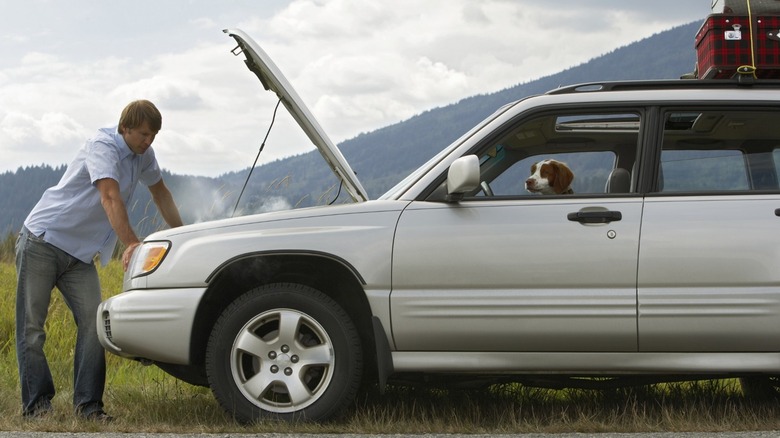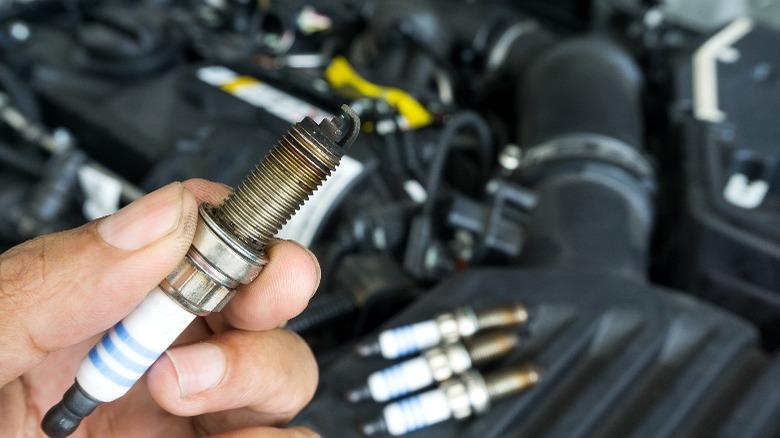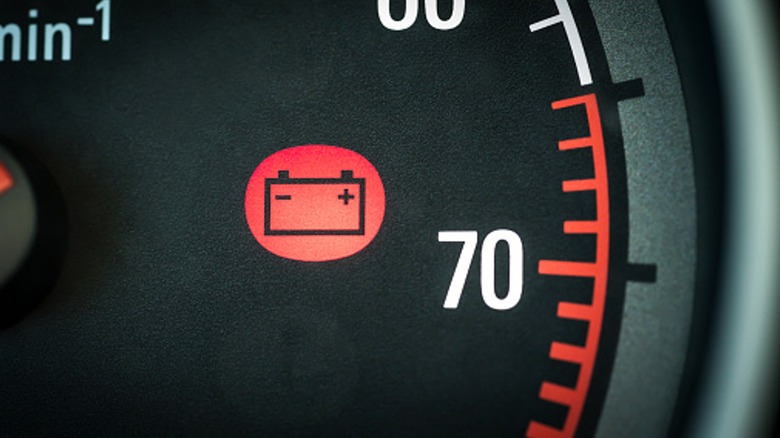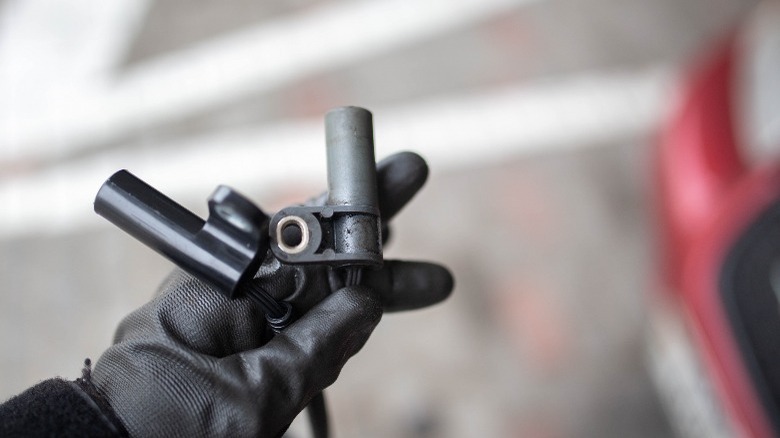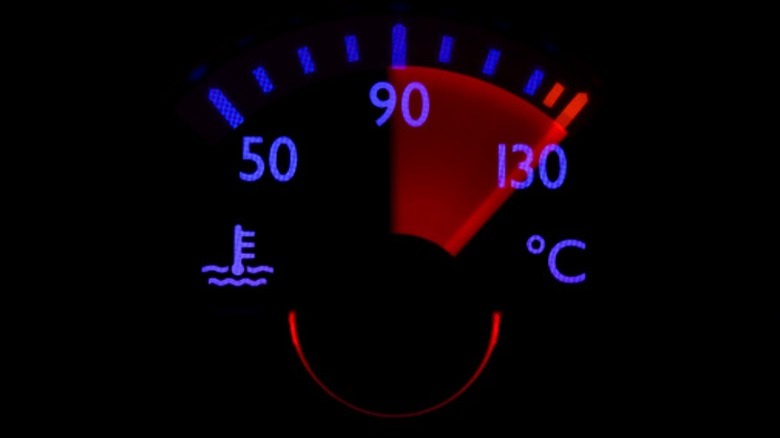These 4 Issues Can Cause Your Car To Shut Down While Driving
Car problems are like bad weather, they will happen, but with some foresight, you can prepare for them. However, no car problem is scarier and more frustrating than your engine shutting down while driving. The good news is that finding the root cause of your car's failure is half of getting it back running.
All the factors that could cause your car to stall and shut down while in motion are related to the engine or electrical system. Either the engine isn't combusting correctly, if at all, or the car's electrical system has detected some critical problem.
While addressing some of the issues might require you to be something of a car expert, it's helpful to be familiar with common symptoms of failing components. They often manifest as strange noises, dashboard warning lights, and performance issues. Let these act as early warning signs.
There are many other potential causes of your car shutting down while driving, but here are four of the most common.
Fuel system blockage or failure and bad spark plugs
A car's fuel system typically comprises a fuel pump, fuel tank, fuel lines, fuel filters, and fuel injectors. If any of these are compromised, there's a good chance your car's engine will stall.
The fuel pump pulls gasoline or diesel from inside the tank, into the lines, through the filters, and then to the injectors serving the engine's combustion chamber. If the fuel pump is bad, it cannot draw enough fuel or muster enough pressure to get the fuel to the engine. Without fuel, the engine will stop — even while driving.
If the fuel pump is fine, the next culprits may be the fuel lines and filters. Debris or damage in the lines could clog and stop fuel from reaching the injectors. If the lines are fine, it might be time to service or replace the filters (depending on your car).
Lastly, you might need to clean the fuel injectors in your car. Fuel injectors can also get clogged and stall your engine, but you will probably first notice symptoms like rough idling, poor acceleration, hesitation while speeding, misfiring, etc. These signs are also similar to bad spark plugs since combustion is a core part of their function in the engine. You should also replace your spark plugs while servicing your fuel system.
Alternator, battery, and electrical problems
Battery, alternator, and electrical issues could be some of the more straightforward problems that can stop your car while you're driving.
The alternator is the part of the car that charges the battery and turns some of your engine's mechanical power into electrical energy. When the battery fails, your alternator might still be able to keep the car running till you turn the engine off. But if the alternator fails, your car will stop while you're driving.
Your car will warn you with a battery sign on the dashboard if there are any issues with the alternator or the battery. Treat that sign as urgent and take your car to an expert. You might also notice dim or flickering lights and a burning smell to indicate alternator or battery-related trouble.
For issues concerning the battery and alternator, most of them can be avoided with regular maintenance. A good mechanic will spot any issues related to this before you figure it out while driving.
Crankshaft position sensor and ECU errors
The crankshaft position sensor (CKP) is the part of your car that tracks the rotational speed and crankshaft position in real-time. It feeds information to the engine control unit (ECU) so it can impact the timing for fuel injection and ignition. A bad or malfunctioning CKP sensor could cause your engine to stall suddenly because the ECU isn't receiving an accurate reading of the crankshaft.
If the engine control unit (ECU) is also bad, your car will stop immediately. Since the ECU is a computer, it's also prone to software corruption, failed sensors, and water damage. The only way to fix the ECU is to give it to an expert who knows their way around your car.
As for the CKP sensor, you could probably find it near where the transmission and engine meet, the side of the engine block, or near the timing cover. The location varies depending on your car's brand. Before that, you should be able to tell there's an issue by the glaring check engine light on the dashboard.
Your car may be overheating
There are many reasons your car may be overheating. Your car could be low on coolant, have a bad radiator fan or clogged radiator, damaged water pump, or even be low on motor oil.
Cars become more difficult to maintain as they age, and their cooling systems could fail. That's why regular maintenance is one of the essential tips you should know as a car owner. If you had done a routine check before driving your car, you could tell whether or not you were low on coolant or if your coolant reservoir was well-sealed.
When your car's ECU detects that the engine is running at dangerous temperatures, it will stall the engine to prevent permanent damage. This could happen while you're driving, and it could be the main reason why your car has shut down while you were using it.
You should also be able to tell your car is running too hot when the thermometer on the dashboard signals that the engine is above normal temperatures.
